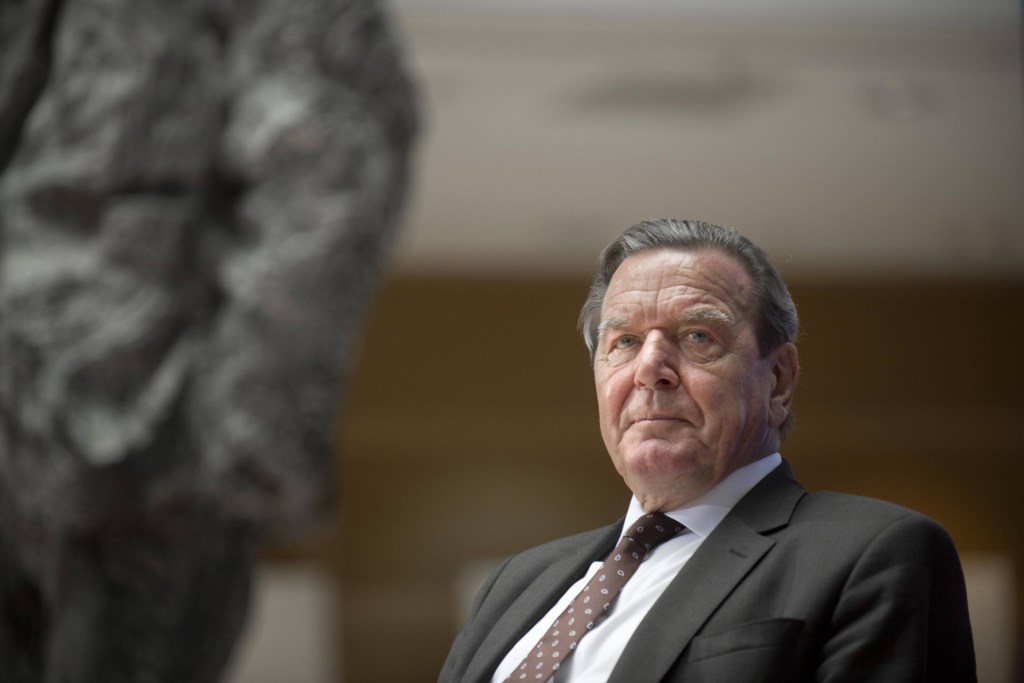German ex-chancellor Gerhard Schröder may have fallen from grace in his home country but he has yet to change his views on Russia. After visiting Moscow last week, he sees an opportunity for a truce between Russia and Ukraine.
Schröder is paid €1 million a year by Russian-controlled companies. In addition to his position as chairperson of the Nord Stream 2 pipeline, he was earlier this year also nominated to Russian energy giant Gazprom's board. Russia's invasion of Ukraine hasn't induced him to review that relationship, which is in part responsible for Germany's dependency today.
However, Russia's invasion of Ukraine was a "mistake", Schröder admitted in the German paper Stern. He added that the Kremlin is willing to negotiate after speaking with Russian President Vladimir Putin last week.
Russia's conditions for dialogue
The Kremlin is willing to sit at the negotiating table if three conditions are met, Schröder says. Ukraine must drop its claims to Crimea, as well as NATO aspirations. Moreover, special rights must be given to the Russian-speaking population in the eastern Donbas region, although the area can remain part of Ukraine.
He cited a model similar to Switzerland, with cantons that have relative autonomy. Whether Putin would actually agree to these terms "remains to be seen".
Related News
- Cold showers, unheated buildings: How Germany will cut gas consumption
- Berlin unplugs major monuments in bid to save energy
- Russian gas crisis forces Hanover to take cold showers
"That the Kremlin is open to a negotiated solution is good news," said Schröder, eyeing an opportunity to end the war if both parties are prepared to make concessions.
Schröder proposed that Turkey act as broker, as it has already to enable grain exports through the Black sea. "That grain deal was the first success," said Schröder. "Maybe we can build on that to slowly reach a truce."
German energy dependance
Schröder claims that a gas crisis can be prevented if the Nord Stream 2 pipeline is commissioned, as planned before Russia's invasion. The ex-chancellor doesn't believe that Europe's south will save energy to help Germany, which depends so much on Russian gas.
The ex-Chancellor's views are increasingly a liability for Germany's Social Democrats, of which Chancellor Olaf Scholz is a member. Schröder remains a member of SPD but the party plans on revoking his membership. The German parliament wants to strip the ex-chancellor of parliamentary privileges as anger over his unrepentant ties to Russia grows.

